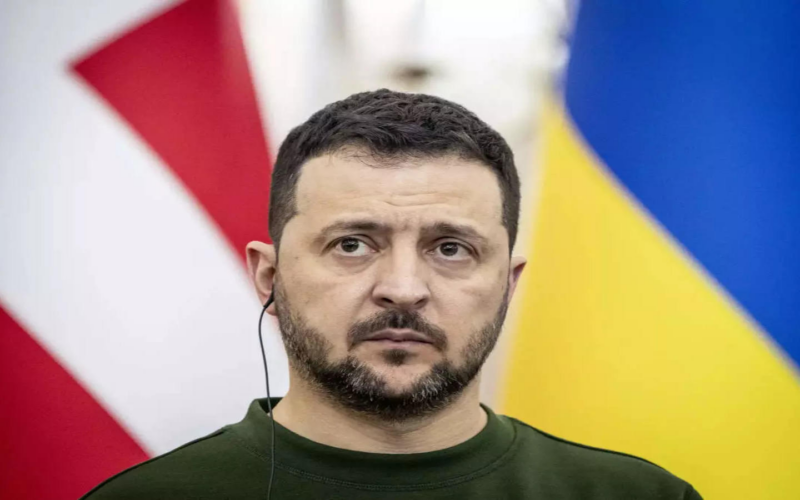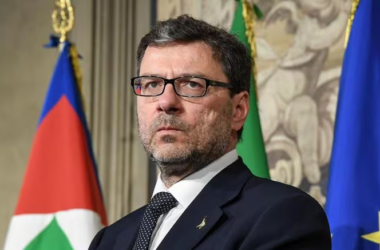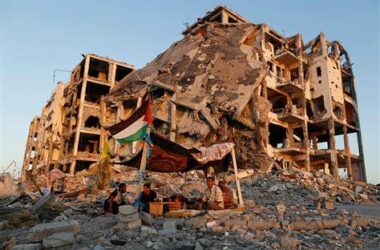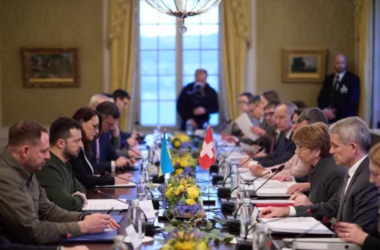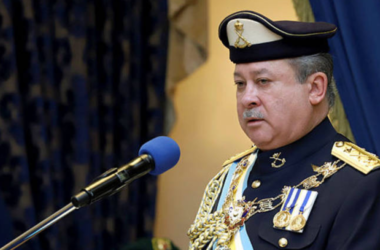Ukraine is hosting a significant peace summit this weekend in the Swiss resort town of Bürgenstock, aiming to galvanize international support for its peace plan amidst the ongoing conflict with Russia. Despite months of diplomatic efforts to draw global attention and investment, the Summit on Peace in Ukraine, or the Global Peace Summit as it is also known, has encountered setbacks due to the absence of key international players.
Scheduled for June 15-16, the summit has successfully attracted around 90 states and organizations out of the 160 invited. While this demonstrates some level of international backing, notable absences include Russia, China, and Saudi Arabia. Russia was not invited. China and Saudi Arabia, along with countries like Brazil, India, South Africa, and Turkey, have yet to confirm their attendance, casting doubt on the summit’s potential to foster a robust peace process.
Ukraine’s President Vladimir Zelenskyy and his administration have long promoted the summit, positioning it as a crucial event to gain international consensus on their 10-point peace plan. This plan includes demands for the full withdrawal of Russian troops and the restoration of Ukraine’s territorial integrity. Despite their efforts, the summit’s organizers acknowledge the challenge posed by the absence of several influential nations, especially those with leverage over Russia.
Swiss President Viola Amherd emphasized the importance of broad participation, describing the event as a “conference for peace, not a peace conference” intended to inspire a future peace process. While the U.S. is participating, President Joe Biden’s absence in favor of a campaign fundraiser has drawn criticism, with Vice President Kamala Harris and National Security Advisor Jake Sullivan representing the U.S. instead.
The summit has faced skepticism regarding its capacity to make a significant impact without the involvement of Russia and its geopolitical allies. Andrius Tursa, Central and Eastern Europe advisor at consultancy Teneo, pointed out that the absence of nations like China and Saudi Arabia, which hold considerable influence over Russia, represents a major setback for Ukraine’s efforts.
Further criticism comes from voices within Ukraine and international observers who question the efficacy of the summit without balanced representation. Russia has labeled the event meaningless without its participation, and China echoed this sentiment, preferring conferences that include all conflicting parties equally.
Ukraine’s leadership has worked tirelessly to keep the conflict high on the global agenda, but the lack of participation from some major countries underscores the complexities of international diplomacy in the context of the Ukraine conflict. Shelby Magid, deputy director of the Atlantic Council’s Eurasia Center, noted Ukraine’s frustration due to the partial success in attracting global attention and attendance, despite President Zelenskyy’s extensive diplomatic outreach.
The summit organizers have also reported an increase in cyberattacks and disinformation campaigns leading up to the event, reflecting the contentious nature of the summit and the stakes involved.
The summit’s outcome is uncertain, with many experts doubting its immediate impact on the ongoing conflict. Vladimir Dubovyk from the Democratic Resilience Program at the Center for European Policy Analysis commented that the summit, while important for demonstrating continued international support for Ukraine, is unlikely to bring a significant shift towards peace. The discussions are expected to reinforce Ukraine’s position and highlight global support but may not influence the conflict’s trajectory in the near term.
As Ukraine continues to face intense military challenges achieving a lasting peace remains a complex and distant goal. The summit is seen as a step towards keeping the issue in the global spotlight and potentially paving the way for future negotiations.
While Ukraine’s peace summit in Switzerland signifies a diplomatic effort to build international consensus, its effectiveness is limited by the absence of key players and the ongoing geopolitical complexities surrounding the conflict.




